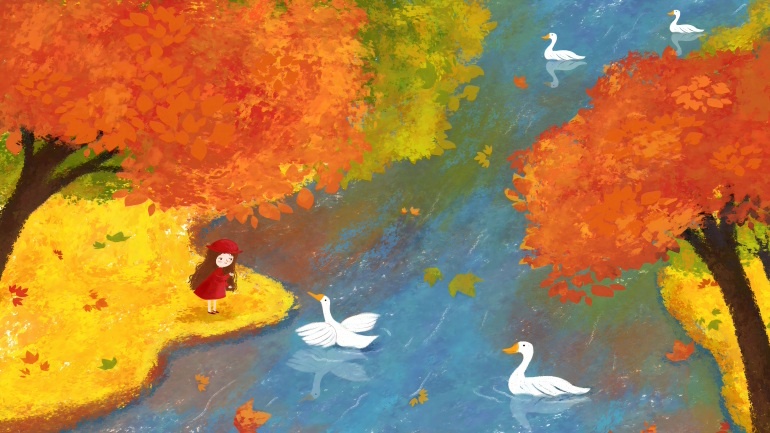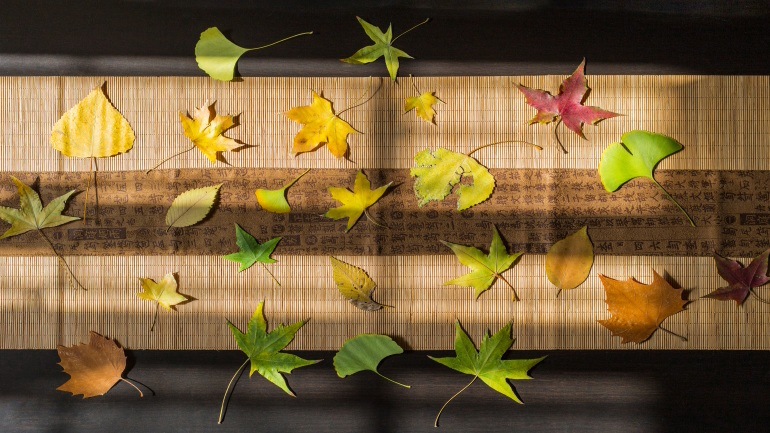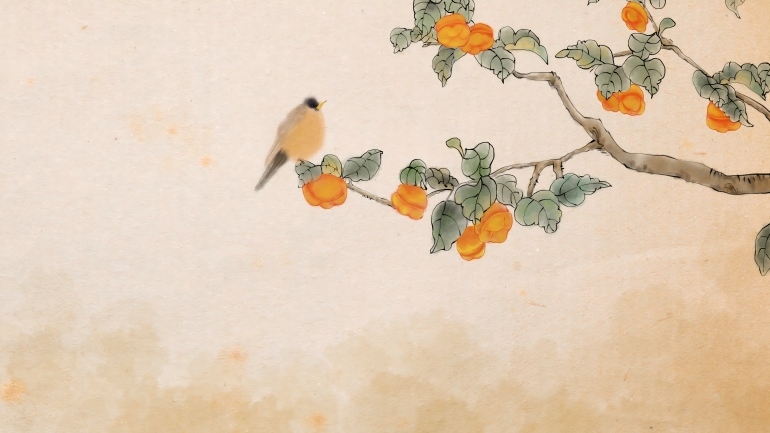All of us arrive into this world with a view that is inherent at birth; this view is not reliant on external circumstances or guidance from others; in Buddhism, it is called “innate self-attachment.” It is “innate” because it is not conferred by our parents or teachers, but inherent at birth. It is “self-attachment” because it clings from moment to moment to our own self-existence. Our lives revolve around the existence of this “self’; if this “self” does not exist, we would not have to do any of the things we now do for ourselves.
WORDS OF WISDOM
People often talk about “receiving blessings”; the buddhas certainly have the power to confer blessings, which are not without benefit. Sakyamuni Buddha once said, “We are our own protector.” That is to say we are our own savior. If we don’t help ourselves, and expect others to come to our rescue, liberation is not possible. Some say the buddhas are compassionate and will lift us out of cyclic existence. This is wishful thinking!
As ordinary people, everything we have done since beginningless time is perverted. We normally do not undertake virtuous deeds; even when we recognize the need to practice virtue, we only do so superficially. Perhaps we practice giving just to gain fame and profit in this world. Some people burn incense and prostrate to the buddhas to secure a successful career, gain wealth and be promoted, ensure their children go to college and bring honor to their ancestors. But these have nothing to do with liberation. To attain liberation, we must not allow these activities to preoccupy us and waste our precious human birth.
With an understanding of emptiness, we are only able to sow the seeds of virtue. But realizing emptiness is not an idle phrase, it has to be experienced. The process of realizing emptiness is the process of weakening the attachment to oneself. With practice, “self-attachment” will gradually diminish, but the wisdom of “no-self” will slowly increase. This is the way to liberation. We would be fooling ourselves if we think burning incense and prostrating to the buddhas will get us there. If we seek liberation, we should be like a person who is walking; our eyes should watch the road, our two legs should be moving. If we see but do not take a step, liberation is far away in the distant future; if we don’t see, we cannot move a single step. To see is to establish the view of emptiness; to move is practice emptiness accordingly. Our practice should not be arbitrary, like flipping through a book on the Middle Way when we have nothing to do, getting a quick read on the concept of emptiness, indulging in idle talk on “no-self in phenomena” and so forth. However much we may know, we cannot attain liberation without direct experience and realization.
As ordinary people, everything we have done since beginningless time is perverted. We normally do not undertake virtuous deeds; even when we recognize the need to practice virtue, we only do so superficially. Perhaps we practice giving just to gain fame and profit in this world. Some people burn incense and prostrate to the buddhas to secure a successful career, gain wealth and be promoted, ensure their children go to college and bring honor to their ancestors. But these have nothing to do with liberation. To attain liberation, we must not allow these activities to preoccupy us and waste our precious human birth.
If you are extremely attached to the circumstances in a dream, then stay in the dream, do not wake up. Similarly, if you cling to existence in samsara, then stay attached to the things around you, do not reflect on their inherent nature.
This is how the world is: the external environment and our mind exist as long as we do not examine their true nature; when we examine it, we are left with nothing. This is the natural order or essence of phenomena, not something the Buddha thought up and wanted us to contemplate on. If it is just a rule, we have no reason to accept it. If we accept the rule, it is dogma. The truth is based on evidence; it can undergo analysis and cannot be changed by anyone at will.
Hereof, we would advise those who are attached to external objects to avoid contemplation of this kind – just keep dreaming, do not wake up. When you learn to contemplate, it will be like waking up from a big dream! Do not give thought to this question if you want to fully enjoy the material pleasures this world has to offer. But of course if you keep on doing so, you will never be free of suffering!
Thinking all religions are dogma, some people hold a strong bias against Buddhism and go so far as to deride it. Certainly, some religions fall in this category but not all. If proponents of either the Idealist or Realist school want their argument to be accepted but cannot provide evidence of any kind, that constitutes dogma. It is not possible to overturn a viewpoint with dogma. To overturn any view, we must use methods based on logical reasoning that everyone can accept. There are many different methods in Buddhism, such as the logic in Madhyamaka (Middle Way) and Yogacara (Mind Only) ; the common goal of all these methods is to eradicate our deluded view.











